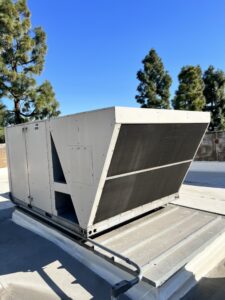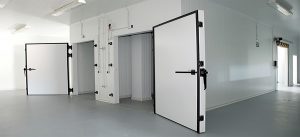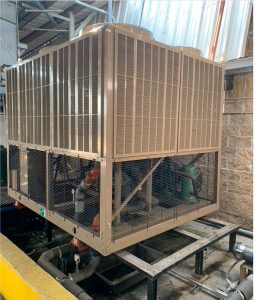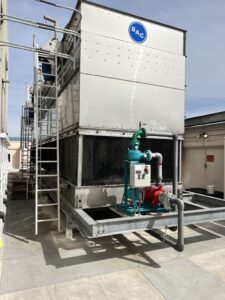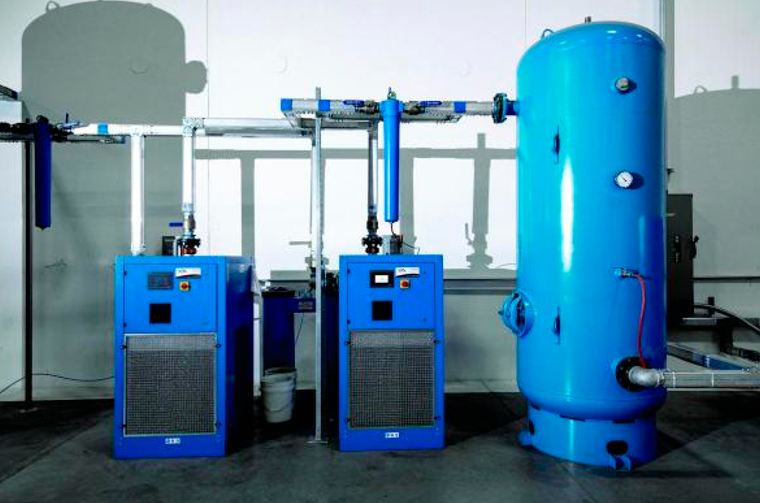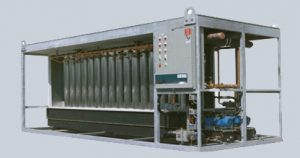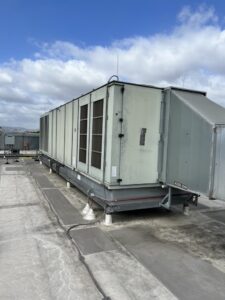In the warm season, AC systems have become an integral part of our daily life. They are regulators of indoor temperature, air quality, and can be a source of cool and calm. Nevertheless, the variety of air conditioning systems available on the market sometimes may make it difficult to select the one that will meet your needs best.
In this blog, we are going to cover different types of AC systems, main factors that must be accounted for when choosing a system, latest features of modern AC, health and environmental effects of air conditioning, and tips to maintain your AC system in a good state. At the end of this blog entry, you will be able to make the right decisions on air conditioning systems that suit your home, office or business.
Understanding Air Con Systems
Air conditioning systems work by controlling indoor temperature, humidity, and air quality using refrigeration mechanisms. They remove indoor air humidity and heat by means of an outdoor unit, an indoor unit, and a thermostat. Recognizing these systems is necessary for well-organized operations, given the space size and wished control over temperature and airflow. While choosing a system, energy efficiency, noise levels, maintenance requirements, and inverter technology among the other factors could be taken into account to keep the running costs down.
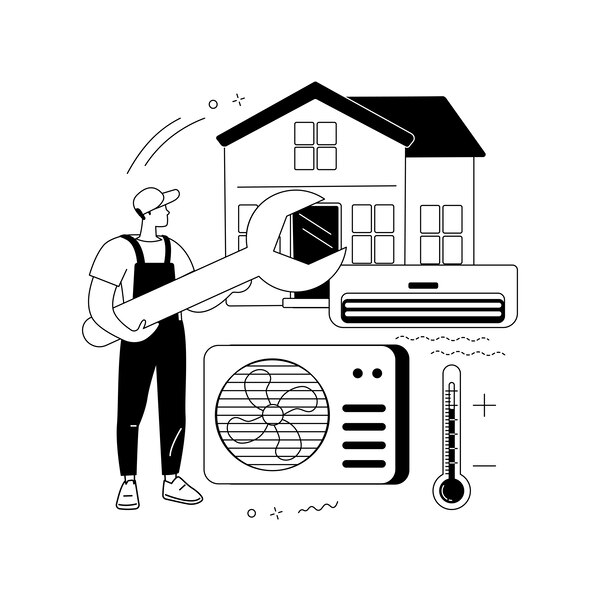
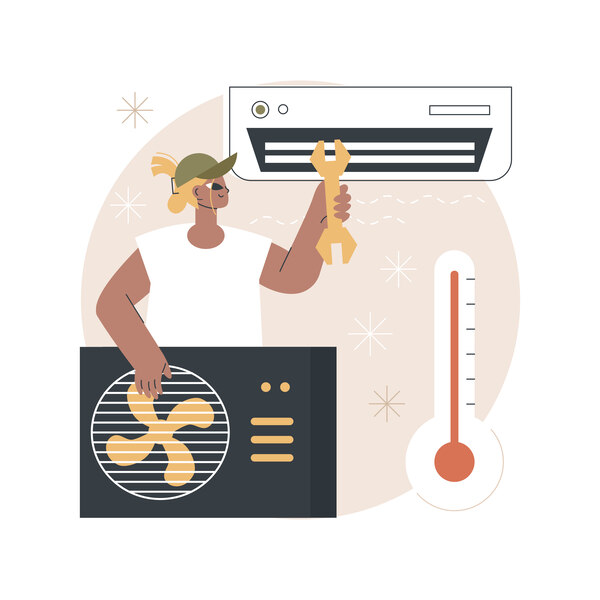
The Basics of How Air Conditioners Work
Air conditioning systems work by removing heat and humidity from inside air to create a comfortable environment. They use the cooling process, which involves using a refrigerant that travels throughout the system to transfer heat outside, to do this. As refrigerant passes through an evaporator coil, air that is blasted over it cools. The cooled air is then circulated back inside the room through ducts or vents. Understanding these basics can help you choose the ideal air conditioning system for your needs and budget.
Importance of Efficient Air Conditioning
You need good AC to save money and breathe better. They’re more efficient, eco-friendly, and cost-effective, and they also keep you cool and improve the air quality. Its super important to pick a high SEER-rated system and make sure the HVAC system is the right size and capacity for the space. If you install and take care of your HVAC system correctly, you’ll stay comfortable for a long time and save money. Getting advice from an HVAC technician is a great way to figure out which system is best for your specific needs.
Different Types of Air Conditioning Systems
Cooling systems with different specifications are designed for various purposes and come with a unique set of features and installation requirements. Understanding what these systems are is not enough, but choosing the right system that will meet the maximum comfort level and efficiency is an utmost important thing. Ductwork is used by central air conditioning to convey cold air to various parts of the house, while split air conditioning consists of an outdoor unit and an indoor air-cooled coil. Moreover, we have portable units that can easily be shifted from one room to another, window units are self-contained, and ductless mini-split systems do not need ductwork. Ducted air conditioners are particularly suitable for larger areas which require professional installation.
Split-System Air Conditioners
Split-system AC comprises two main components: the indoor unit and the outdoor unit. They are meant to cool in an individual rooms or certain areas, and they run silently and are economical regarding the energy. These come in different sizes and types and are a handy alternative for use in small areas. But their installation may involve the work of an expert because of their sophisticated setup. Split-system air conditioners give you the comfort of having various units to choose from, which eventually does the cooling of a particular space correctly.
Ductless Air Conditioners
Ductless air conditioners, also known as mini-split systems, provide customizable and duct-free temperature control. These systems can be used to control the temperature in a specific room with better air quality. Their simple on-site installation and maintenance make them a cost-effective and convenient alternative for homes without existing ductwork. Ductless air conditioning provides energy efficiency, flexibility in cooling individual zones and is also quieter than the traditional central air systems. That they come in different sizes and capacities allow them to fit in just about any place.
Packaged Air Conditioners
Packaged air conditioners, which combine all the components into one unit for easier installation and space management, simplify installation and space requirements. They offer centralized cooling solutions, particularly efficient for extensive indoor areas, and come in two types: roof top and self-contained. Rooftop units are appropriate for large cooling capacities in commercial buildings whereas self-contained units are in smaller commercial places or residential use. In this regard, both types include energy-saving options equipped with advanced features like programmable thermostats and air purifiers.
Central Air Conditioning Systems
Central air conditioning are designed to regulate temperature in residential homes by provisioning uniform indoor climate. With a central air conditioning system, you can ensure combined home comfort and efficiency, unlike other systems that require moving large AC units to every room. However despite the initial high cost, central AC units may prove to be an economical means of staying cool in the long-run. In addition, silent and reliable to operate systems, controlled with user-friendly thermostat, make them quite practical for heating and cooling indoor spaces.
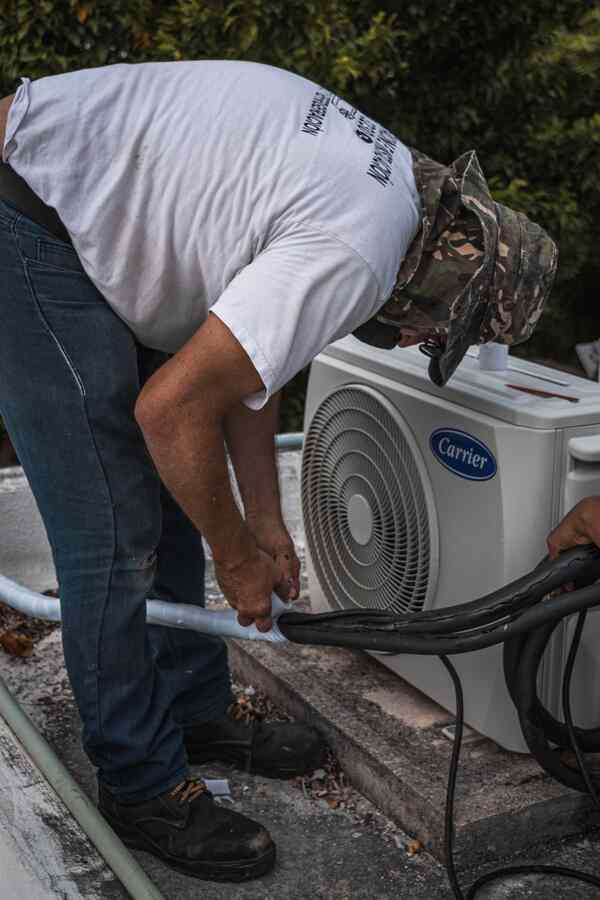
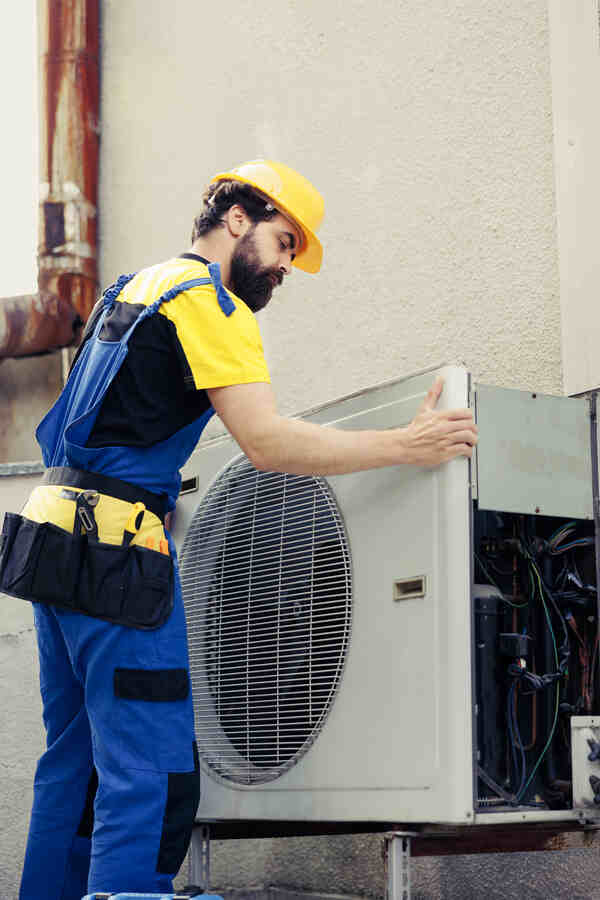
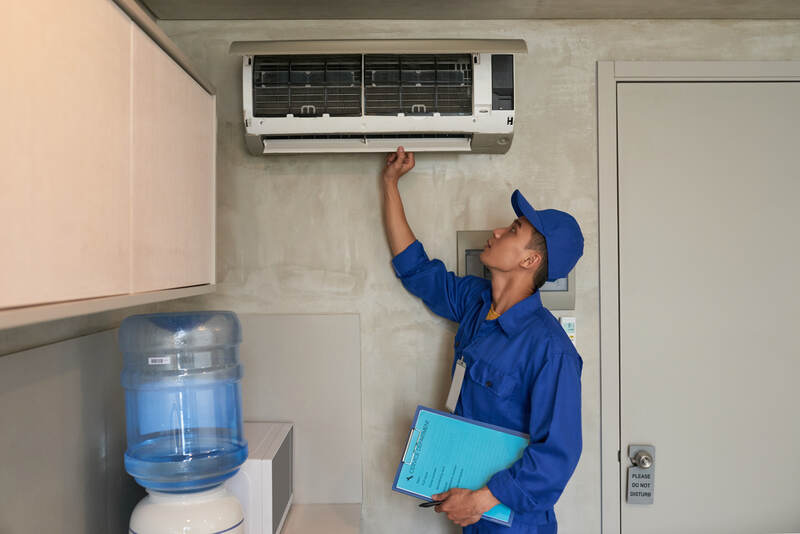
Key Factors in Selecting an Air Conditioning System
Having now an overview of the few types of air conditioning systems will let us focus on the main criteria to be selected to satisfy your needs. The specific type of air conditioning system one should go for entails evaluating factors such as the capacity of a system based on space, energy efficiency, process of installing, operation costs among others. The advice that travels you through these factors enables you, therefore, to make an informed choice that would provide these spaces with cooling comfort and conserving energy.
Size and Capacity of the AC System
Assessment of space becomes the most important parameter to evaluate the area as well as the capacity of the HVAC system. It guarantees the best cooling, energy savings, and the highest comfort level. The system would be affected by factors such as insulation, ventilation, and heat sources. Appropriate size and capacity consideration ensures that the system will match the cooling needs of the space and it will not be too small to cause inefficient cooling or too big to cause excessive energy usage. Professional advice helps select appropriate size and capacity in tune with individual requirements so that regardless of the cost and scale, the solution remains optimal.
Energy Efficiency Ratings
Customers can be confident making the right choices by using energy efficiency ratings, which tell them about the system’s energy performance. The less energy you use, the higher ratings you will get and this will translate into smaller energy bills and less environmental impact. Incentives may be provided for installations of AC systems which have high energy efficiency ratings. The grasp of such ratings as a result gives a long-term savings, thus an investment in an energy-efficient air conditioning system is worthy. Systems that are SEER-rated above 14 provide maximum efficiency, while the Energy Star certification guarantees following the strict energy efficiency standards developed by the EPA.
Installation and Maintenance Requirements
The right installation for any given air conditioning system is crucial for the efficiency of the system as different systems have various installation and maintenance needs. Professional installation guarantees the best performance and efficiency, whereas regular cleaning, in addition to filter replacement, promotes longevity. Central systems provide the need of professional installation and maintenance, whereas the split systems are just easy to maintain and install. One should be aware of both the initial installation costs and the recurrent maintenance expenses while picking a system.
Cost and Budget Considerations
Cost is a significant factor when choosing an air conditioning system however, it should not be the only factor to be considered. It is necessary to evaluate initial capital costs and future energy costs. Determining the realistic budget including installation, maintenance, and energy costs is a crucial factor. Determining the lifecycle costs of a system is necessary for the budgetary concerns. A high-efficiency system means long-term savings. By the correct sizing of the system, unnecessary costs can be avoided. It is advisable to consult an HVAC expert for finding the most efficient system that will fit within your budget.
Chill with confidence! ❄️ Our premier air conditioning services are designed to keep you cool and comfortable. From maintenance to repairs and installations, we’ve got the expertise to ensure your air conditioner is in top-notch condition
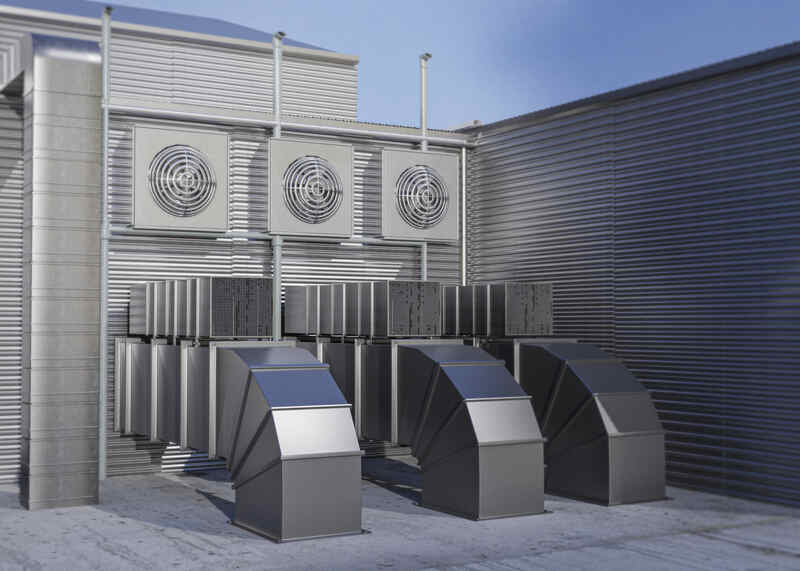
Advanced Features in Modern AC Systems
Modern AC systems are designed with cutting-edge technologies, one of which is high energy efficiency that leads to indoor comfort. Inverter technology helps cut energy cost and allows to achieve exact temperature. Smart controls can be managed remotely, by voice or even scheduled, for example. The air purification systems eliminate toxins for the healthier indoor air. This type of system produces a personalized ambiance in different spaces of the building. Also, the systems apply safe refrigerants and energy-saving components such as variable-speed compressors and fans. Zoning ability provides with temperature control in specific areas that furthermore results in efficient and comfortable environment.
Smart Thermostat Control Options
With smart thermostat controls you can easily manage your HVAC system to your liking. With Wi-Fi-enabled thermostats you can use the app on your mobile phone to monitor and adjust your AC at a distance. Thermostats with voice activation link with virtual assistants for ambient temperature control. A smart learning thermostat that figures out your habit is able to create customized settings while a geofencing thermostat uses location technology to improve energy efficiency. Zoning systems even further enhance their efficiency by giving the ability to control individual temperatures in different zones. This in turn makes smart thermostats practical, efficient, and an option with useful energy usage data and perfect control.
Air Quality Improvements
Selecting an AC with enhanced air quality features will do wonders to your health and your family’s as well. make the decision to install systems with humidity control so that mold growth can be prevented and air quality improved. Some units incorporate UV lamps or photocatalytic filter to remove bacteria and viruses. Smarter features like remote control and scheduling functions offer additional convenience. Take into account your space arrangement to select the right HVAC system, checking the energy efficiency ratings and noise levels for the purpose of increased comfort. Moreover, HEPA filters are able to capture the tiniest particles thus helping people with breathing difficulties.
Noise Reduction Technologies
When installing an AC system, consider noise-free technologies such as insulation and vibration damping. Low noise compressors, base pads, and variable speed fans are all effective in reducing noise and are especially useful for bedrooms and other quiet areas. Additionally, you need to select a sound shielded area and check the dB level before buying. These features may greatly curtail AC unit noise and its harmful effects on daily activities.
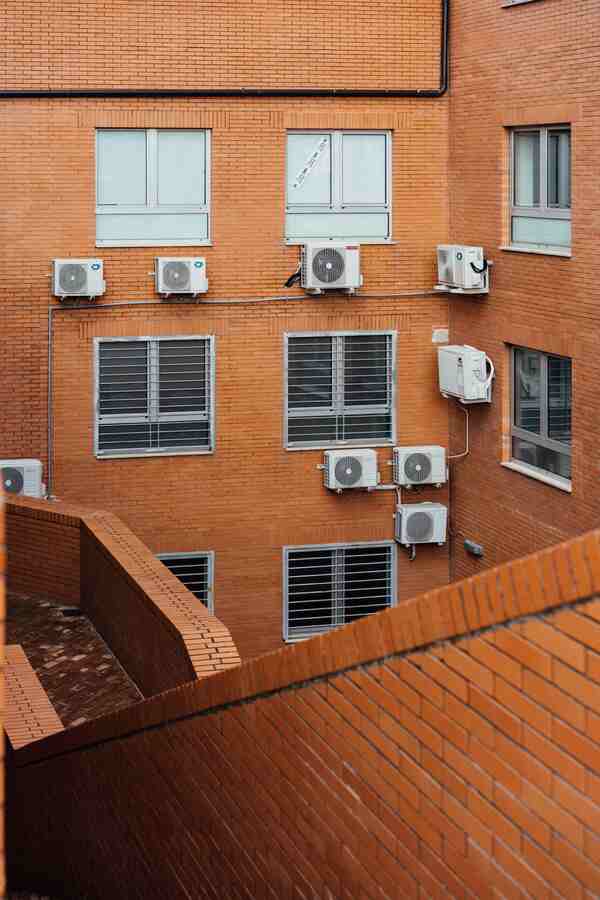
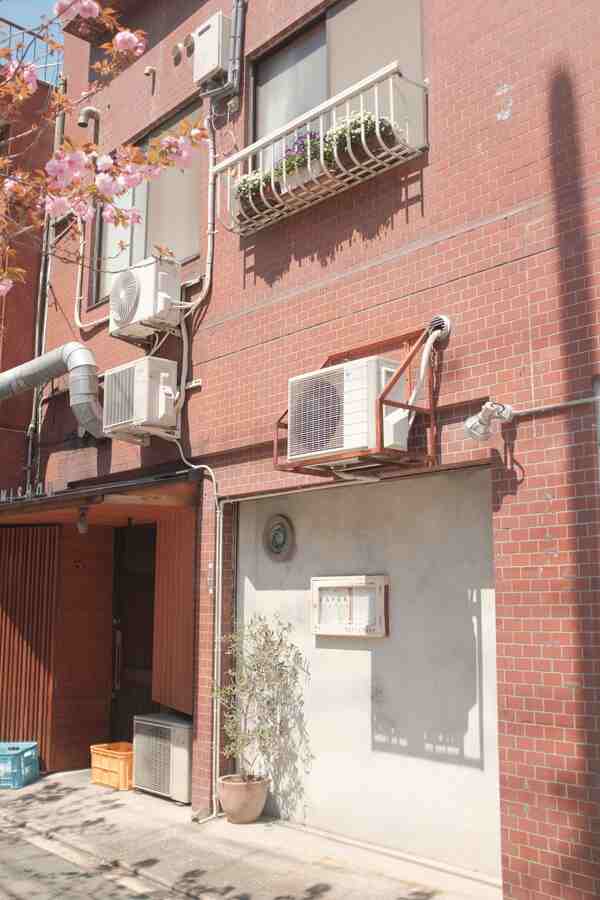
Impact of Air Conditioning on Health and Environment
Air conditioning systems by every means influence either human health or the environment. Air conditioning without doubts creates a cool and cozy atmosphere inside, but it is worth to think about the health benefits and the ecological effects that are possibly attached to its use. Let’s explore how the air conditioning influences our health and the environment to be able to put everything into context.
Potential Health Benefits of AC Systems
Air conditioning devices can be viewed as the means by which the health of the indoor environment is enhanced, multiple benefits being the outcome. With the control of indoor humidity, air conditioning system reduces the risks of fungal and mycotic growths that could lead to respiratory infections. On the other hand, air conditioning with air filters can also be helpful for removing dust, pollen, and other allergens which in turn leads to better indoor air quality and reduction in allergy symptoms. Correctly cleaned conditioning systems, in addition to the circulating of filtered air, help to keep pollutants from being accumulated indoors. Through the provision of a hygiene and comfortable indoor environment, air condition systems help support respiratory health and general wellness.
Environmental Considerations for AC Use
Air conditioning systems though provide comfort, their effect on the environment is also an important thing to consider. Air conditioning systems are energy consuming devices which lead to high greenhouse emissions and cause climate change. What’s more, you need to go in for energy-saving designs like those with the highest energy efficiency ratings. Moreover, use of AC systems that have friendly refrigerants, those with low ozone depletion potential and global warming potential, can also pollute environment even less. The right installation, air conditioning system maintenance, and up to date usage of air conditioning systems can help in energy conservation, lowering the level of carbon emission, and protecting our environment for the coming generations.
Keeping Your AC System in Top Shape
Regular maintenance is a prerequisite for having your AC system in a perfect condition and continue running efficiently. The essential thing to do is to follow the maintenance tips and tricks mentioned here in order to extend your AC system lifespan, improve energy efficiency and avoid costly expenses in the future. Knowing some key maintenance tips will let you know how to keep your AC system in the perfect functioning order.
What are Key Maintenance Tips for Your New AC System?
Running your air conditioner on the proper maintenance schedule will result in the efficient energy performance, energy savvy, and replenishment in the lifespan of the system. Here are some key maintenance tips to keep in mind:
- Regularly cleaning or replacing air filters: Clean air filters allow for the good airflow and at the same time the quality of the air inside the room is enhanced.
- Keeping outdoor condenser coils clean: Regulating the temperature of the room becomes difficult if the coil is dirty because it creates resistance to air flow and the efficiency of the cooling goes down. Hence, regular cleaning routines are necessary
- Properly insulating refrigerant lines: Shielding hermetic lines from heat leaks reduces power loss and aids in overall system efficiency.
- Scheduling professional inspections and maintenance: By conducting routine professional inspections, potential problems can be detected early and prevented from becoming complicated cases so that your systems achieve their primary objectives.
- Properly sealing ductwork: Air leaks in the ductwork can lead to energy loss, reduced system efficiency, and uneven cooling, so proper sealing is essential.
- By following these maintenance tips, you can keep your AC system running smoothly, enhance energy efficiency, and enjoy reliable cooling comfort.
Deciding on the best type of air conditioning is a key element for the indoor comfort and efficiency. Knowing the different types of air conditioning systems, considering the essential factors like size, energy efficiency, installation requirements, and budget, and considering the advanced features can help you to reach the best decision.
Regular maintenance and correct care are the main parts of getting your air conditioning system working its best. Taking all these factors into account, you can choose the best cooling system with no regrets and enjoy maximum savings for years.
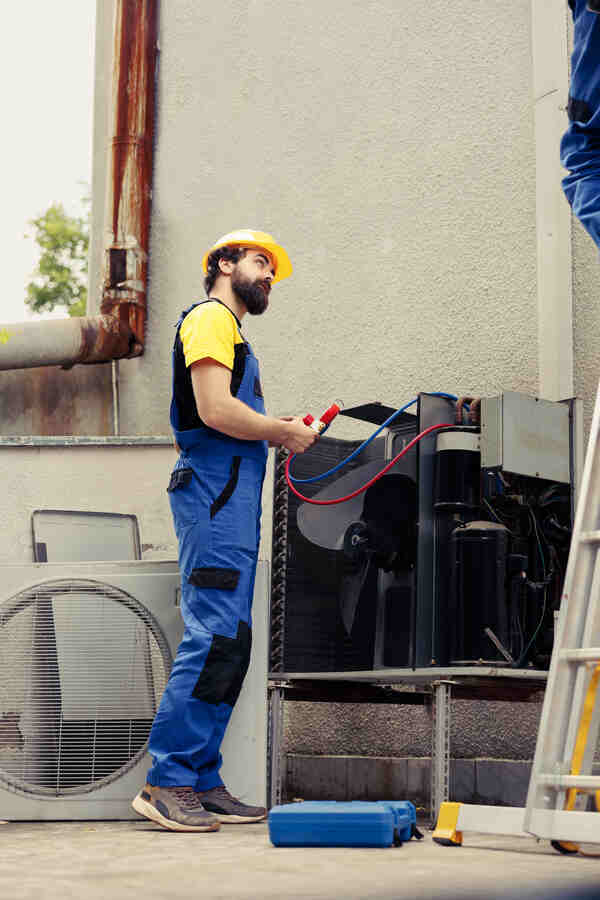
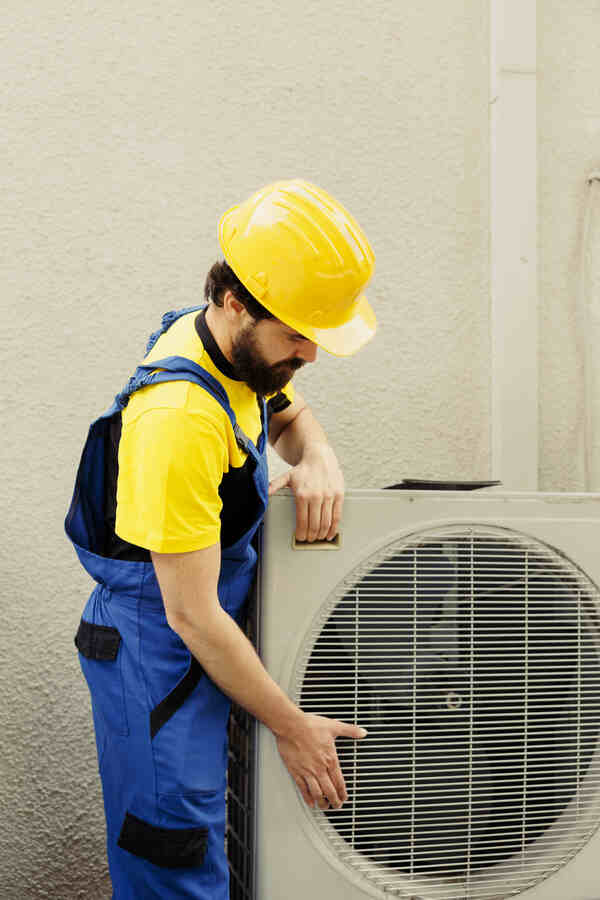
Ice Bear Inc. stands as a reliable partner for businesses seeking excellence in maintenance, installation, and repair services. By following best practices and utilizing cutting-edge technologies, Ice Bear Inc. is the name to trust.

